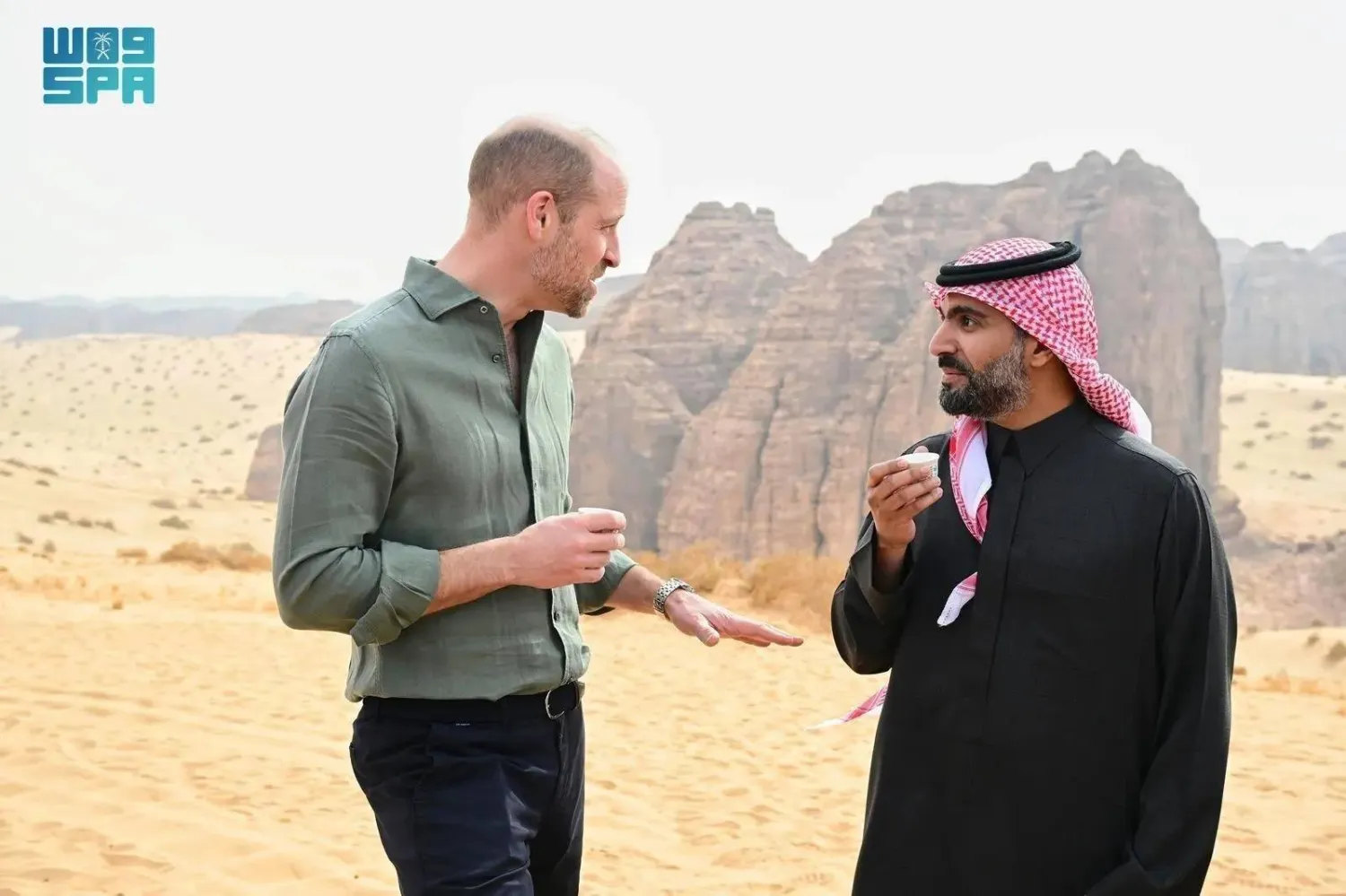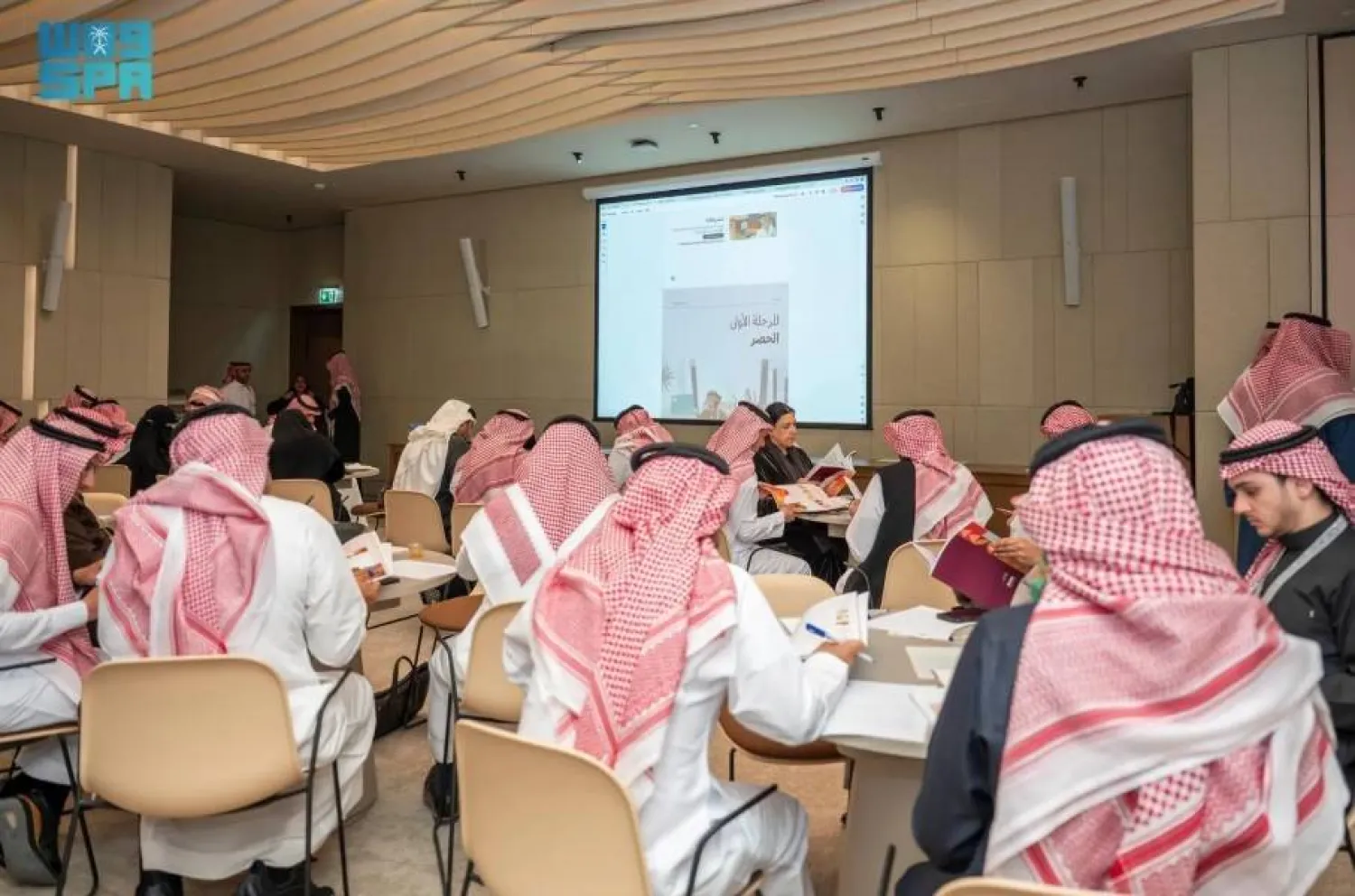The 119th regular session of the Executive Council of the Arab League Educational, Cultural, and Scientific Organization (ALECSO) kicked off Saturday in Tunis.
The two-day session will cover various agenda items, including monitoring the implementation of decisions made during previous sessions and assemblies. Additionally, discussions will focus on the educational, cultural, and scientific conditions in Palestine, the threats faced by Jerusalem, and the review of reports and recommendations from specialized ministerial conferences.
Also, proposals from member states will be examined, including the Saudi Kingdom's proposal to launch the ALECSO Forum for Business and Partnerships, as well as the Arab Observatory Center for Translation project.
Representatives from member states, Arab and international bodies, and organizations in Tunisia, along with representatives from the Arab League, took part in the meeting.
The Kingdom's representative and Chairman of the Executive Council, Hani bin Moqbel Al-Moqbel, lead the discussions.
Also present were the Director General of ALECSO, Mohamed Ould Omar, and the Secretary-General of the Saudi National Commission for Education, Culture, and Science (SNC), Ahmed bin Abdulaziz Al-Bulahid.
During the session, the Executive Board of ALECSO commended the success of the "Future of Education, Science, and Culture International Organizations Forum (FESCIOF)," held in Riyadh last March.
They expressed appreciation to the Saudi leadership for hosting the conference for two consecutive terms and recognized the efforts of the SNC in ensuring its international success, SPA reported.
In his speech, Al-Moqbel stated that ALECSO and SNC organized the FESCIOF conference in Riyadh under the slogan "Together for impact in the 21st century." He emphasized that the Kingdom aimed for a new transformative phase characterized by an international perspective, a future-oriented framework, and a comprehensive vision.
This made the initiative, tools, and leadership of the conference truly exceptional, particularly as it was the first of its kind since the inception of the organization over 50 years ago.









